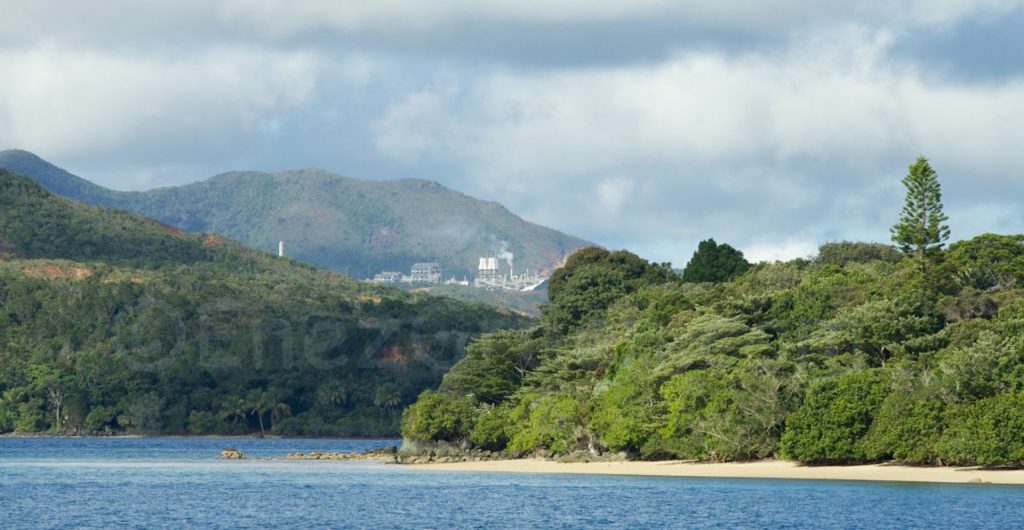Up to 250 million people may be displaced worldwide by 2050 because of climate change impacts
Wealthy nations should “prepare our people for ‘migration with dignity’, capable of contributing to other nations’ economies and development processes as skilled migrant workers”, the Pacific leaders said.
The richest nations are not willing to expand UN refugee convention’s definition to include “climate refugees”
There is no body that oversees the orderly movement of people because of climate change impacts. The UN refugee convention applies only to those fleeing persecution, with little appetite among the richest nations to expand its definition to include “climate refugees” – amid predictions that up to 250 million people may be displaced worldwide by 2050.
People living on coral atolls in the Pacific are considered particularly vulnerable to a sea level that is rising by 1.2cm a year, four times faster than the global average. Coastal erosion, tainted water supplies and failing crops have prompted communities to move inland or to other islands.
Australy is seen as a “very selfish” nation due to its continued commitment to coalmining
Pacific leaders have taken an increasingly strident tone in calling for action, with Anote Tong, the president of Kiribati, recently calling Australy “very selfish” for its continued commitment to coalmining.
Peter Christian, the president of Micronesia, told a UN gathering in New York earlier this month: “I speak as an islander who has walked the shores of many atoll islands, where there was once sandy beaches and coconut trees.
“Now there are none. I am told this will continue. We must become more cohesive in our actions to bring a useful conclusion to help mitigate the threat of sinking islands and prevent the potential genocide of Oceanic peoples and cultures.”



